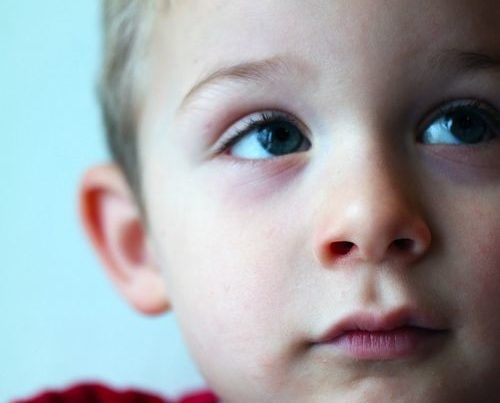Ruby Wax recently complained that now “everybody is mentally ill”. In the past her signature piece was about her mental ill health, but now that mental illness is more commonly spoken of, she feels that she is no longer unique in this respect. Which is good. It is important that the stigma attached to mental illness has been reduced. The young royals have contributed towards this.
But there is still an assumption that either you are mentally well, or you are mentally ill. A sort of either/or. Whereas in fact mental health is on a spectrum along which we all travel. With physical health, sometimes we are well, sometimes we are not so well. Similarly with mental health. Sometimes we feel good, content, resilient and solid, whereas other times we feel shaky, upset, distressed, depressed, anxious and/or fragmented. This is normal. Life events can shake us up and make us feel more vulnerable. Close relationships with significant others can help us to feel strong, but when these break down, we can feel our emotional balance being upset.
Having said that, it is also true that some people are more vulnerable and less resilient emotionally than others. This may be due to disturbances in their early lives, and /or simply different genetic make up. We are all different and we all have different areas of vulnerability. Whatever our childhoods were like, they will have contributed to our resilience, or lack of resilience. When something disturbing or traumatic happens, are weable to cope with it, feel what we feel, and ride with the emotional turbulence rather than sink beneath it? This would be resilence. How we deal with our emotions can be a bit like surfing: wobbling, skimming, flying over, or falling down and feeling submerged by the waves.
Are we able to talk to anyone when we feel low and vulnerable, or do we hide away and try to pretend that our emotions are not bothering us, or that they are not there?
How we relate to our feelings is of critical importance in terms of our mental health. Many people, learn, as young children, that they should be in control of their feelings and keep them in check. This can lead to a negative self image and an attempt to repress feelings rather than befriend them, understand them and express them.
Therapy can help change our relationship with ourselves and with the world. When we can accept ourselves, we are stronger and more able to allow others to see us, to get close to us and to support us. We do not need to be ashamed of our feelings and our vulnerability. We do not need to be afraid of what is inside us. It is a strength to be able to acknowledge and own our weaknesses. That is where resilience lies.






